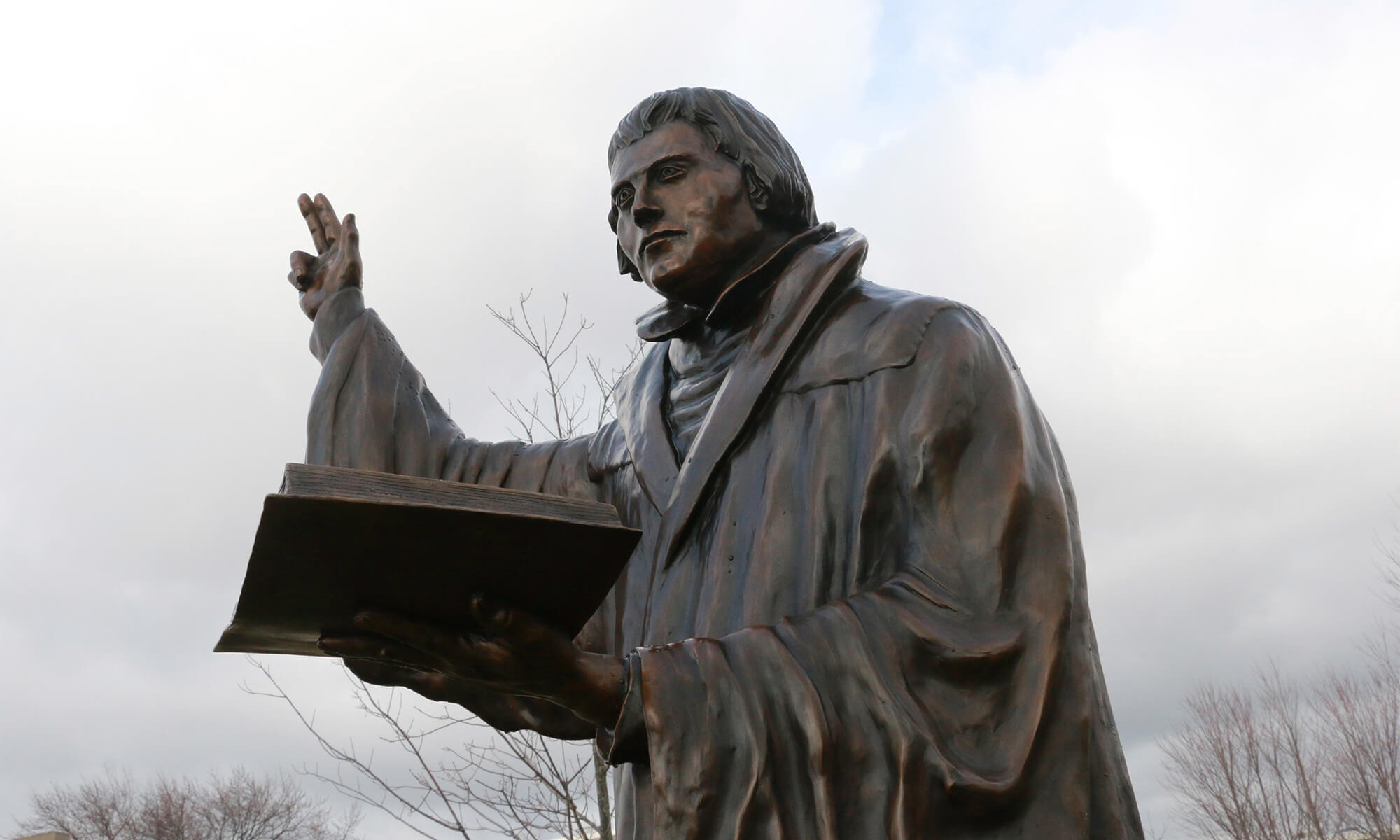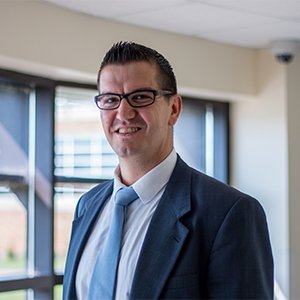
The Reformation is a festival in the liturgical calendar to celebrate how God reformed His Church and let His gospel shine through an unsuspecting friar and doctor of the Bible named Martin Luther.
On this day, 31 October 1517, Halloween (All Hallows’ Eve or the Eve of All Saints’ Day), Dr. Luther proposed 95 Theses for academic debate concerning the abuses of selling indulgences in the church. According to papal decree, people could buy a piece of paper that said their sins and the sins of their loved ones were forgiven. “Forgiveness is yours! But only if you pay.” For Luther and many others, the practice of selling forgiveness was revolting, and the famous theses sought to address the errors and point Christians back to Christ as our only Savior. Here’s a link, if you would like to read them for yourself.
Whose Reformation?
Sometimes Christians have a funny way of speaking. We say things like: “I’m going to Pastor so-and-so’s church.” But what we mean is that we’re going to a particular congregation where God’s word is preached and God’s sacraments are given to us. We don’t mean to say that the church belongs to any person. We have a similar problem with the Reformation. You’ll find scholars and good-intentioned people saying something like “Luther’s Reformation” or “The Lutheran Reformation,” as if it were something Luther did or that belongs to Lutherans. But the Reformation is God’s Reformation of His church. He does it by His word and Spirit. The Holy Spirit happened to use a sixteenth-century professor of theology in Wittenberg, Germany to magnify Christ and His word. And He could do it again through others.
Who Needs Reformation?
Well, we all do. Luther’s first of the Ninety-five Theses states, “When our Lord and Master Jesus Christ said, “Repent” (Mt 4:17), he willed the entire life of believers to be one of repentance.” We would each do well to remember that the Reformation is not a matter of us and them, as if the Reformation was about the false teachings of the Roman Catholics and the right teachings of the Lutherans. No, we were that church that fell into so many errors and had abandoned God’s word and work. It was only by the grace of God that we came to see again the light of Christ. The church since the Reformation has fallen into many other errors (Rationalism, Skepticism, Post-Modernism, Biblical Criticism, Materialism, Relativism, and many more). We are all susceptible to errors, and are in need of God’s help and aid. And so the church prays: “Lord, keep us steadfast in Your word!” and “Lord Jesus Christ, with us abide!”
What is the Message of the Reformation?
The message of the Reformation has often been summarized by four Latin slogans: solus Christus (Christ alone), sola gratia (by grace alone), sola fide (by faith alone), sola scriptura (by Scripture alone). Let’s look at each and rejoice in God’s work to restore us.
Christ Alone!
The Reformation message is that Christ Jesus is alone the Author and Perfecter of our faith (Heb. 12:2); He alone is worthy of praise (Rev. 4:11); He alone is the Lamb of God who takes away the sin of the world (John 1:29). For Luther, that meant that Jesus carries our sin and our guilt and our death. If Jesus carries my sin, I can’t. My sin is His and His righteousness is mine. What a blessed exchange!
By Grace Alone!
The exchange of my sin for His righteousness is not a bargain. It’s a gift! Grace alone! I come to know Christ as my Savior because He freely bought me with His own blood. The Father, out of great love for the loveless, sends His Son to save us. He didn’t have to, but He wanted to. He wanted us! And the Son paid for the privilege of making us His own. It’s not because we’re lovely or that there is anything in us to love, but His love makes us lovely. His life makes us alive. His death destroys death forever. Leave your merit, your effort, and your virtue at the door, please. That’s grace alone!
By Faith Alone!
The free gift of salvation in Christ cannot be earned. So it is certainly not a matter of your commitment to Christ. When trick-or-treaters come by your door, you don’t make them earn the candy or investigate whether they’re really sincere about having some. You give it away free, come gremlin or princess, and they all come with bags wide open. Faith is coming to God with bags wide open to receive from the fullness of Christ, grace upon grace (John 1:16). Come out, come out, whatever you are. As St. Paul writes: “For by grace you have been saved through faith. And this is not your own doing; it is the gift of God, not a result of works, so that no one may boast.” So salvation goes not to the one who works, but to the one who comes to God with an open sack.
Scripture Alone
Human reason can be wrong, feelings can be misleading, and even popes and church councils can be in error, but God’s word is never broken. The Reformation was a return to Scripture alone as the source of our faith. How would we have known how badly we needed a doctor, if God’s law didn’t show us how sick we were? How would we have known where to find the medicine for death, if God did not prescribe for us His beloved Son? That’s what Scripture does. It reveals our sin and shows us our Savior. After years of setting Scripture aside or putting it beside other authorities, the church turned back to God’s word as the only rule and standard of faith and life. Faith comes by hearing God’s word and His word is life.
Can there be another Reformation?
Let us hope so. When we see all the divisions in the church today and see so much confusion and various opinions about what God says, let us take confidence once again in Christ’s word that crushes human pride and raises us up new in Him. The message of the Reformation is not “I am right and you are wrong.” But rather, we were all wrong until God the Holy Spirit enlightened us with His word and saved us by grace, so that we’d believe in Christ alone until the End. Until then, “Lord, keep us steadfast in Your word!”

Dr. Jason Lane is associate professor of theology at Concordia University Wisconsin. Dr. Lane joined the Theology Faculty of Concordia in 2013 after serving as pastor of Celebration Lutheran Church in Jacksonville, FL (2010-2013). He earned his B.A. in Psychology from Framingham State College in Massachusetts (2001) and received his M.Div. and S.T.M. degrees from Concordia Theological Seminary in Fort Wayne, IN (2007 and 2010). He received his doctorate in Historical Theology at the University of Hamburg, Germany, under Johann Anselm Steiger in 2015. His dissertation, “Luther’s Epistle of Straw: The Voice of St. James in Reformation Preaching” is available from De Gruyter Publishing (Berlin, 2018).
—
If this story has inspired you, why not explore how you can help further Concordia's mission through giving.